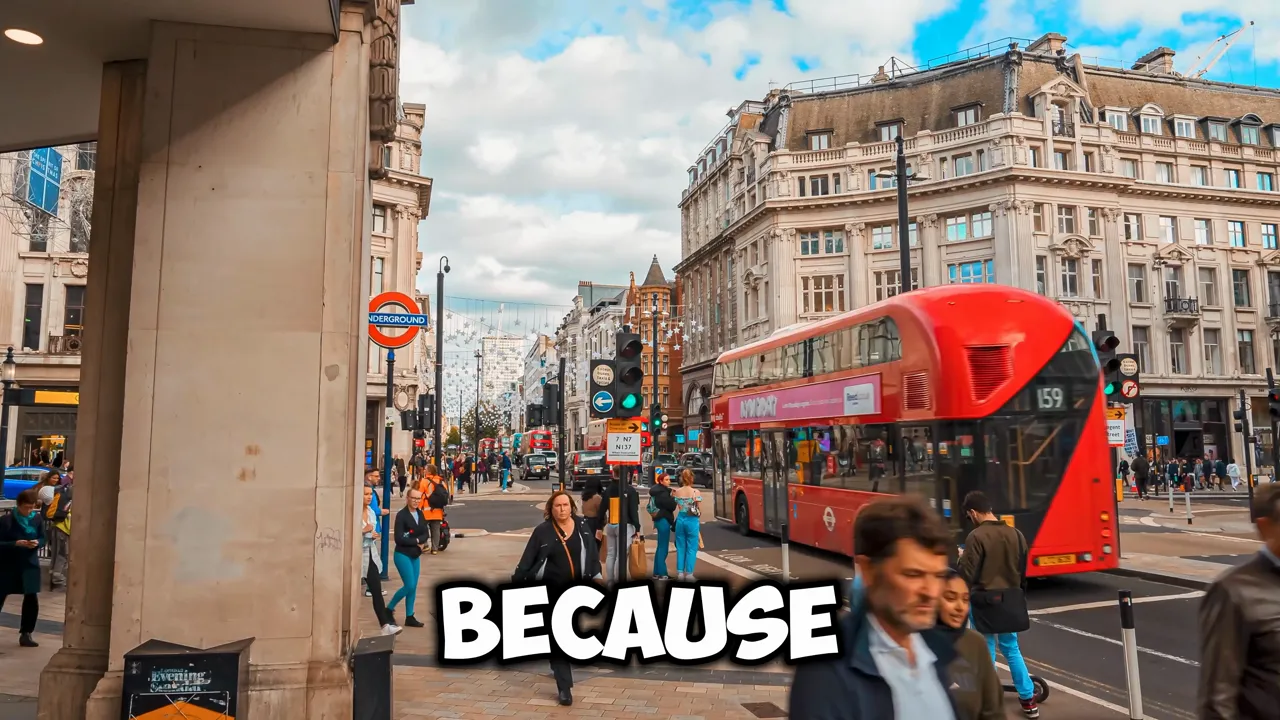London in Retreat: an Economic Warning
Rupert Lowe opens with a blunt diagnosis: “London actually is quietly dying.” Once the global magnet for entrepreneurs and risk takers, the city is losing people and momentum.
The signs are plain: stagnating growth, businesses relocating, and a sense that the old dynamism has eroded. Lowe argues this is not happenstance but the consequence of policymakers who have never run businesses and believe they can centrally plan a recovery.
Who’s Making the Decisions?
That critique lands on specific targets. Lowe labels many decision makers as “chalk jockeys” and singles out prominent politicians who, in his view, lack practical experience of enterprise.
The real worry is that **key drivers of the economy are leaving**, and without them GDP per capita will keep falling even if headline GDP inches up. That decline has long term implications for jobs, public services, and social cohesion.
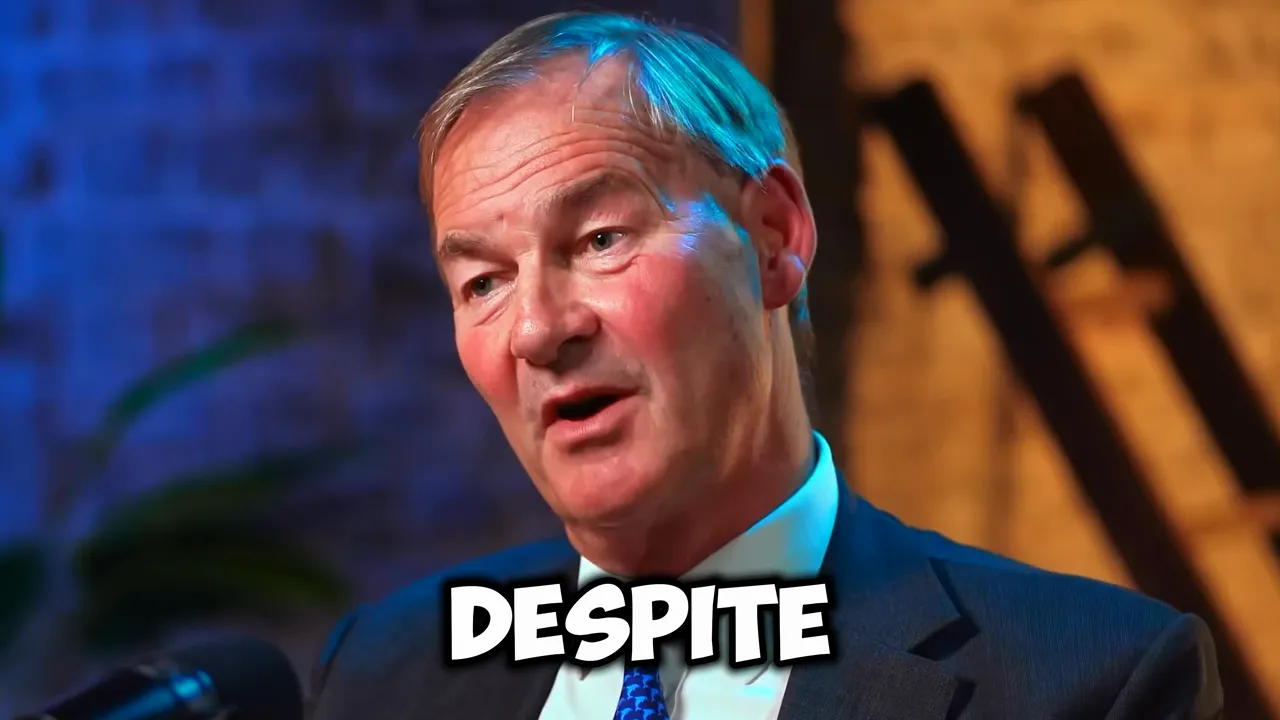
The Establishment, Culture and Conspiracy
Nick Tenconi takes the argument from policy to culture, claiming the establishment serves transnational interests rather than the British people. His rhetoric frames a broader distrust of elites, describing them as beholden to a New World Order intent on replacing Patriotism, Masculinity and Christianity.
Whether read as metaphor or as a literal political view, the takeaway is clear: a belief that cultural and political currents are being driven away from traditional British norms by an entrenched Elite.
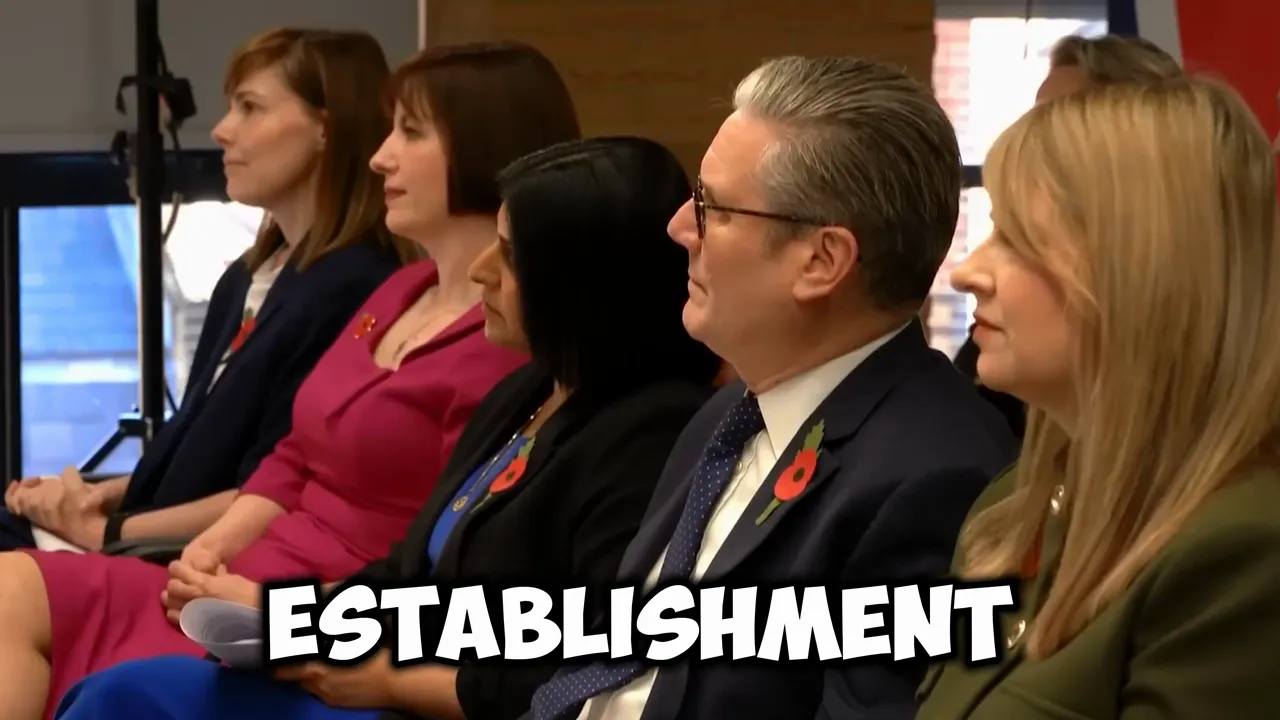
Betrayal by Institutions
Tommy Robinson argues the church has been compromised, saying it has been “infiltrated by Marxists” and that church leaders have sided with forces that do not, in his view, represent the working class.
He names as figures he admires those who speak out and take risks, citing public personalities such as Donald Trump and Elon Musk as examples of outspoken leadership that challenges the status quo.
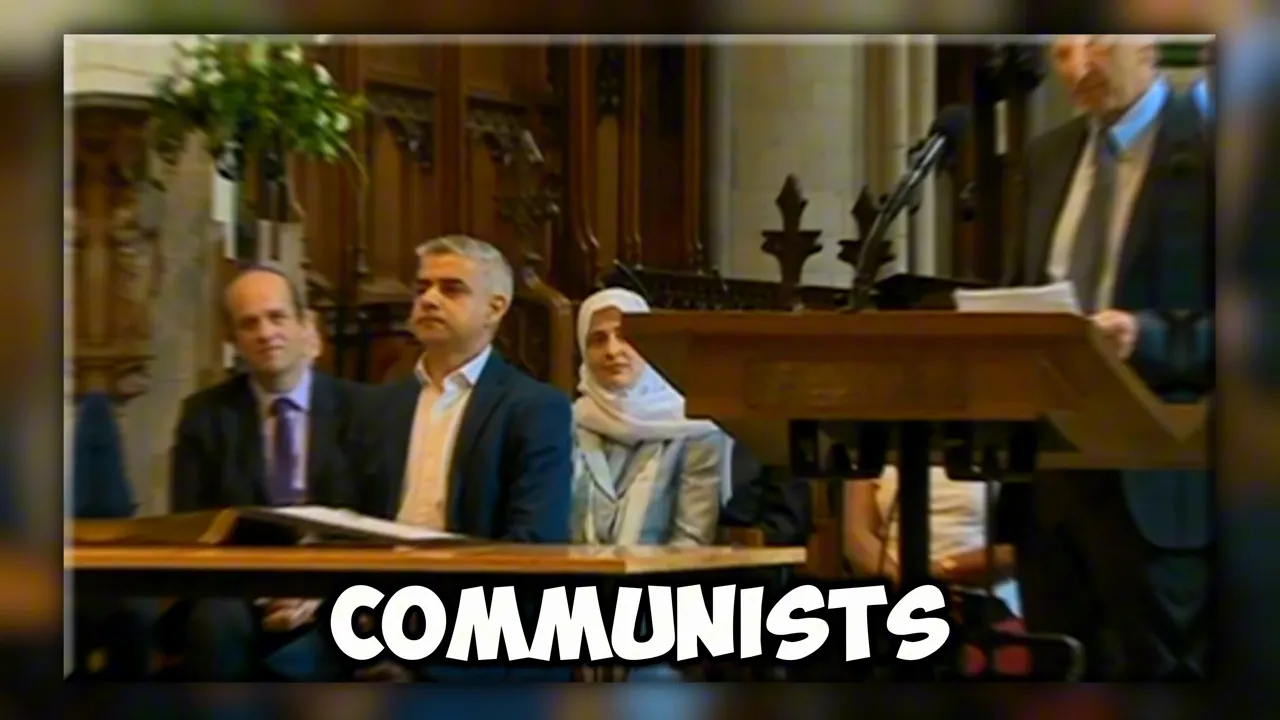
Migration, Security and Comparative Policy
Dominik Tarczyński offers a stark comparison: Poland, he asserts, has “zero terrorist attacks” because it enforces strict controls on illegal migration. This is used to suggest causality between migration policy and public security.
Rupert Lowe extends the security argument to institutional failure, claiming the police, social services, the NHS and local politicians have “turned a blind eye” while serious crimes against vulnerable communities occurred.
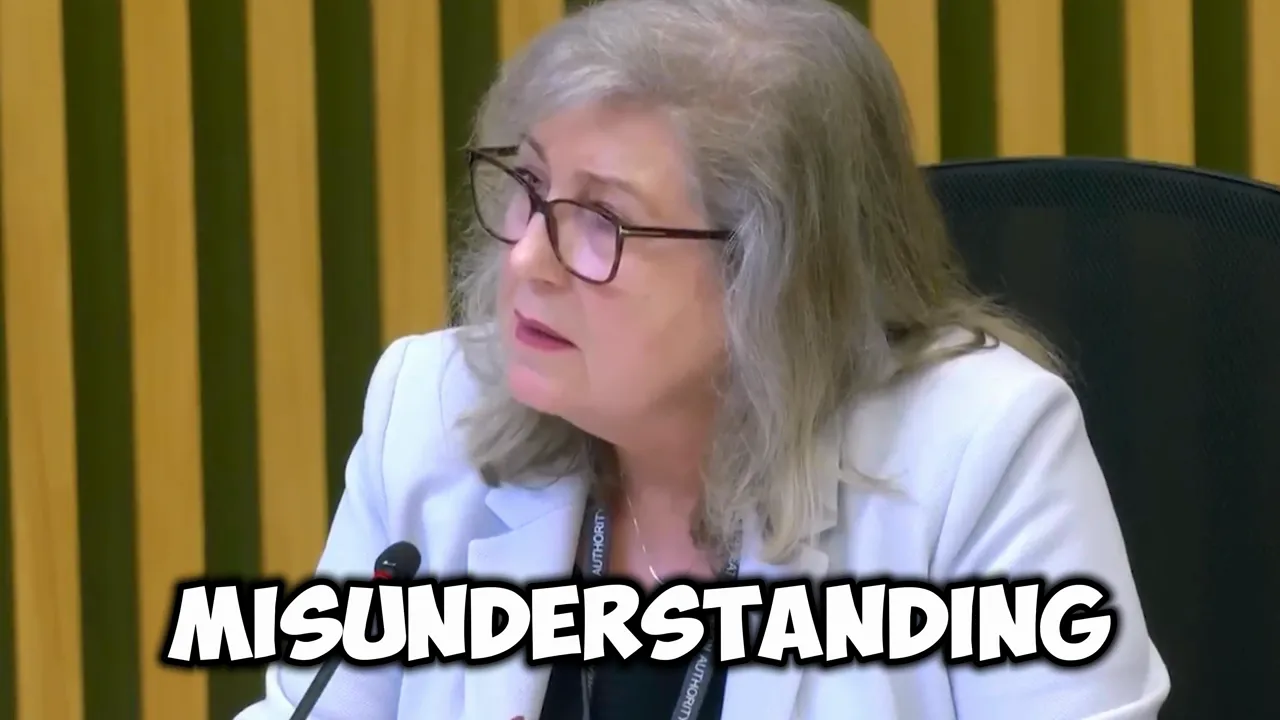
Grooming Gangs and Public Outrage
At the heart of the controversy are accusations about grooming and sexual exploitation. Susan Hall calls out incidents like Rotherham as emblematic of a wider pattern, using the phrase “grooming gangs that I would call rape gangs.”
Tommy Robinson adds that these problems were once localized but are now nationwide, with drug dealing, pimping and grooming visible in towns across Britain.
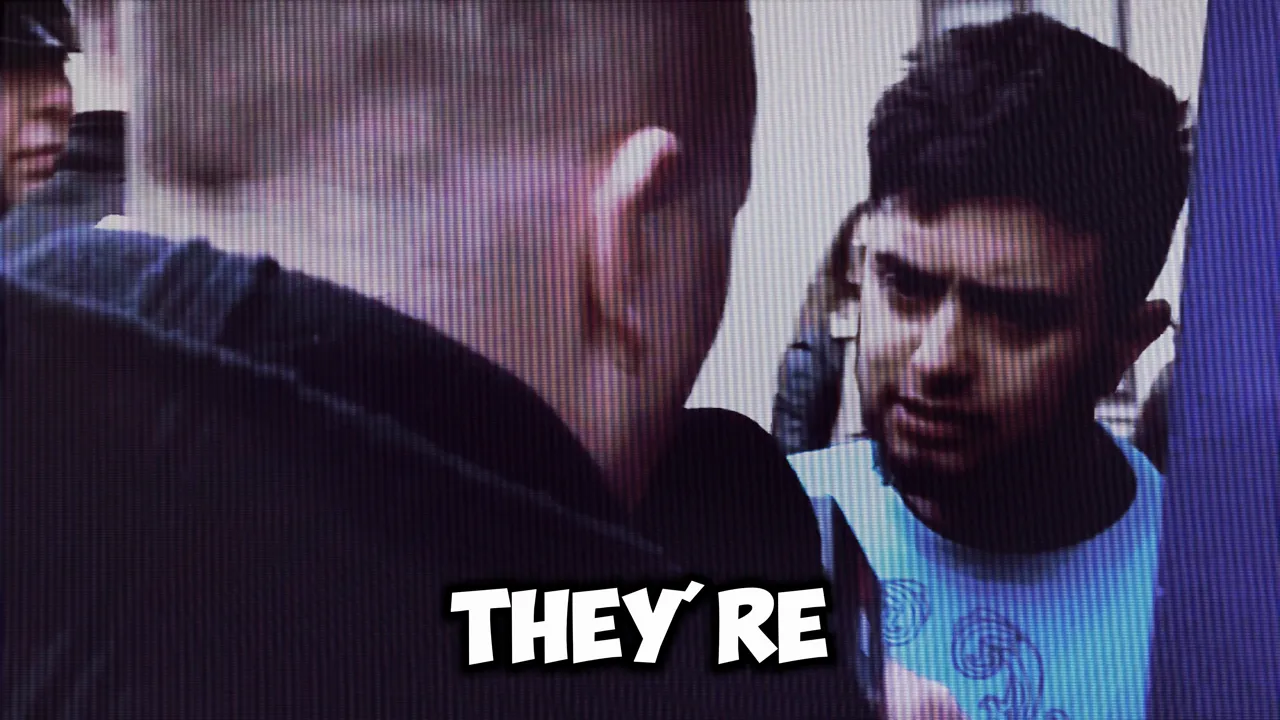
Two-Tier Justice and the Liberal Elite
Lowe frames these failures as evidence of two-tier justice and two-tier policing. He argues that fear of being labeled racist has silenced scrutiny and allowed harmful practices to continue.
He criticizes media figures as part of a “fully paid-up liberal elite” that, in his view, prefers to ignore uncomfortable truths rather than expose them.
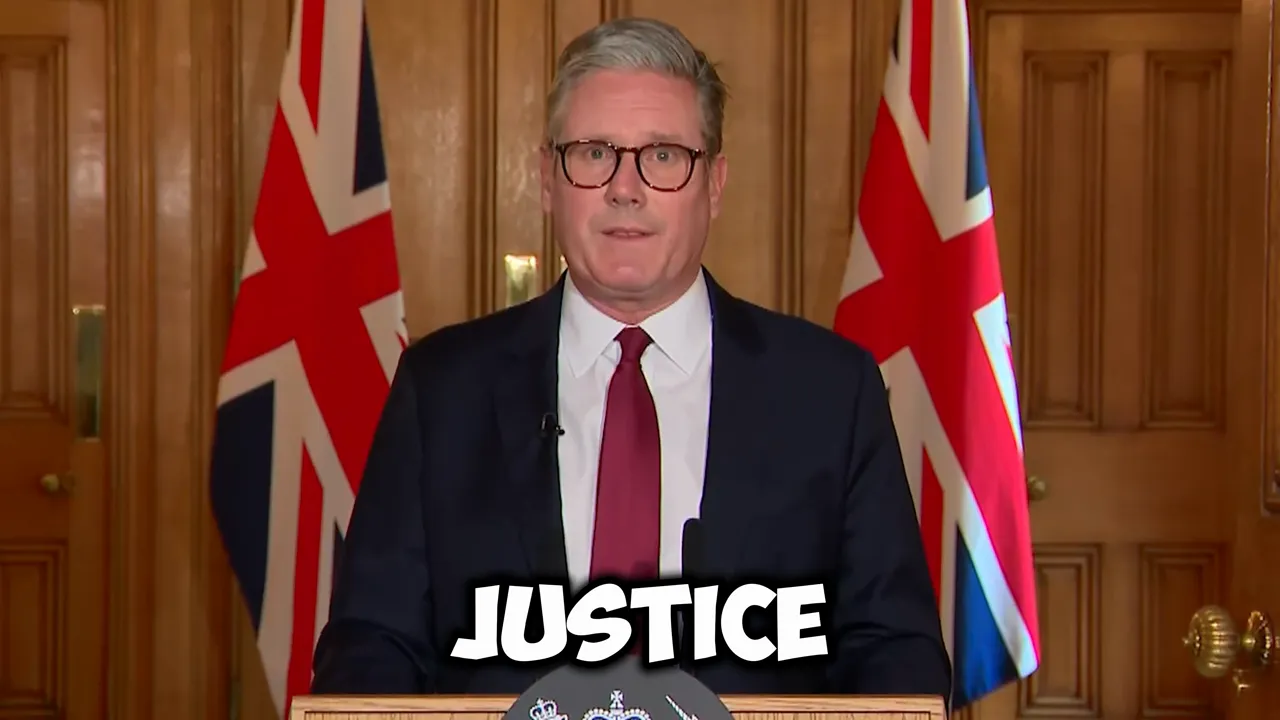
Culture Runs Downstream from Politics
Tenconi stresses that institutions want change—the police, the armed forces, and schools—but that culture follows political direction. If politics prioritizes what he calls “liberalism, degeneracy, debauchery, godlessness,” the public will reflect those values.
His rallying cry is political agency: this, he says, “all ends when we say it ends,” a call for citizens and patriots to reassert control over cultural direction.
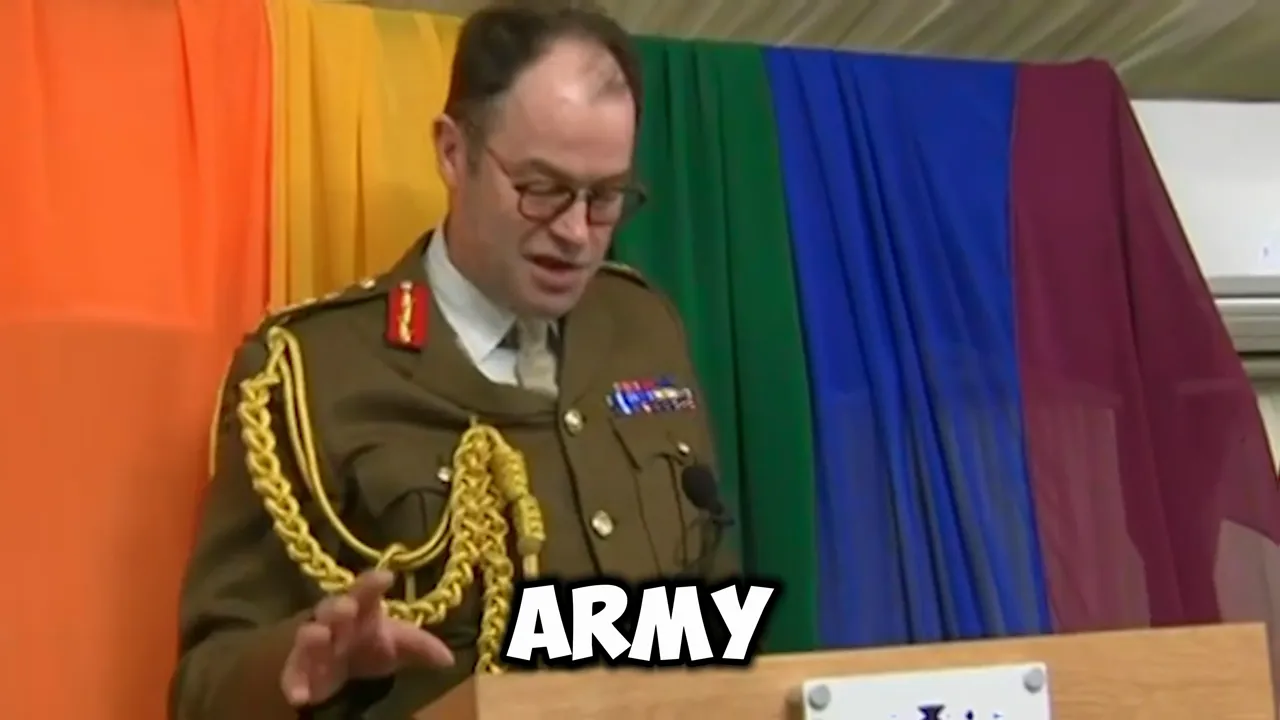
What Government Should Prioritize
For Lowe, the government’s primary duty is straightforward: represent the interests of the British voter and taxpayer. He rejects policies framed as global welfare or the pursuit of “woke” agendas at the expense of ordinary citizens.
This extends into immigration policy. Lowe supports targeted immigration—welcoming skilled people who integrate and respect British culture while opposing benefits for illegal migrants.
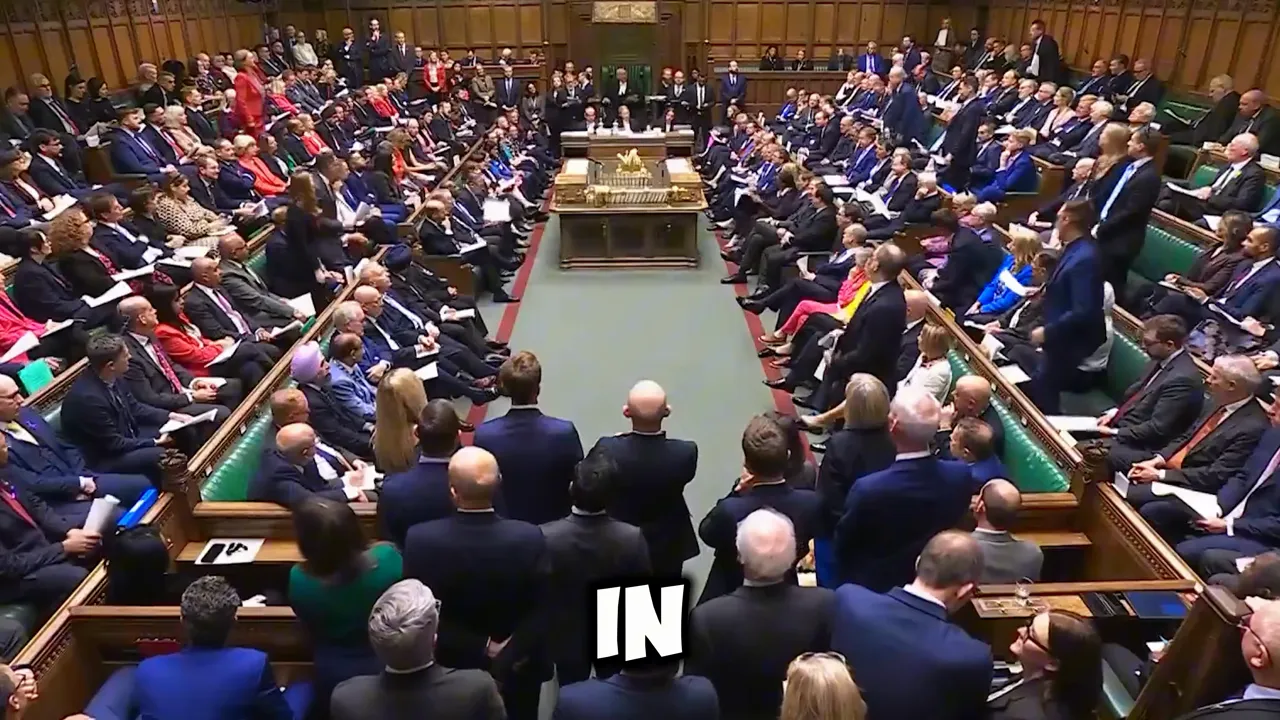
Who Bears Responsibility?
Lowe traces the turning point to the 1990s, arguing that political figures from Tony Blair to later leaders set in motion policies that eroded cohesion. He cites laws like the Human Rights Act and the Equality Act as structural changes that, he believes, weakened the fabric of society.
Since that era, he asserts, immigration accelerated and the parliamentary process lost authority, allowing unelected officials to steer policy in directions the public did not choose.
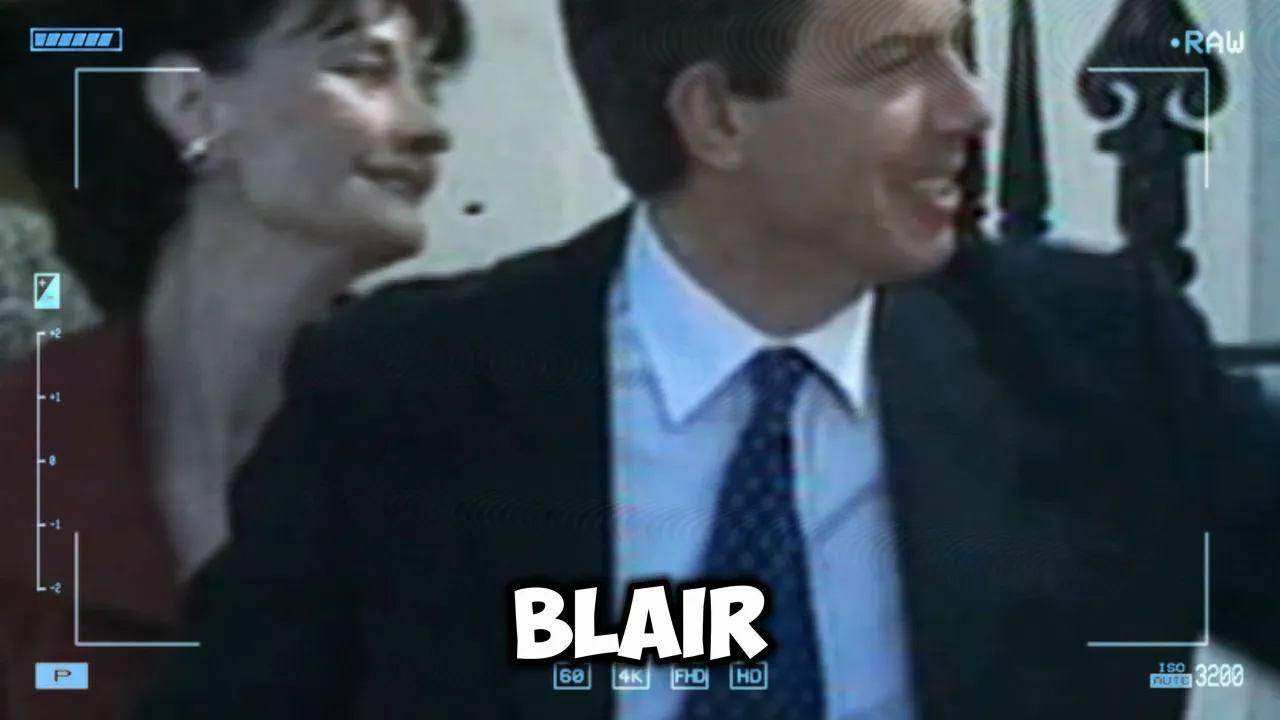
Civil Service Power and the Call to Reclaim Parliament
One of the sharpest claims is that Britain is now run by the civil service and permanent secretaries, who outlast elected governments and are not directly accountable to voters. Lowe calls this a fundamental problem for democratic control.
His prescription is political: MPs must “stand up for themselves” and reclaim the power that the constitution vests in Parliament. That, he argues, is the pathway back to accountability and common sense policy.
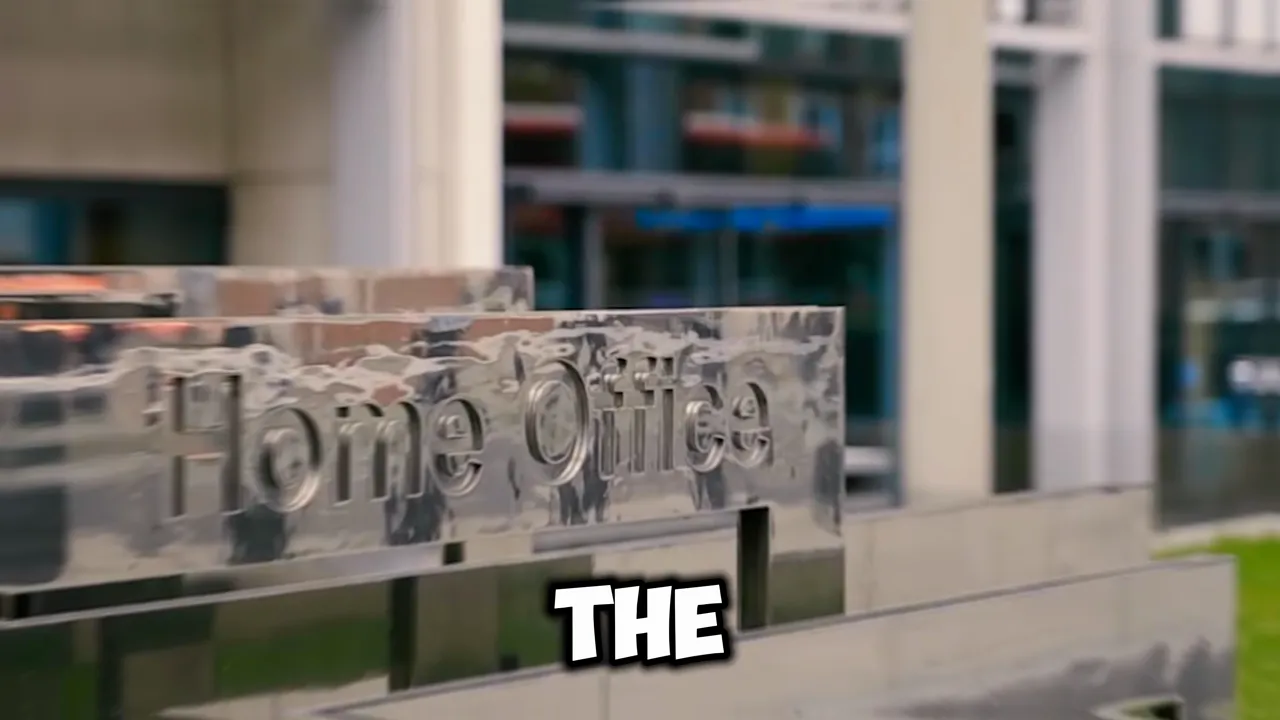
Unity, Common Sense and a New Platform
The conclusion is both a warning and a plan. Unite the population around common sense, give people a platform that actually delivers for them, and elect representatives who will serve the interests of those who built the country. That, Lowe insists, is the key to reversing decline.
Whether one agrees with every diagnosis or not, the conversation touches on core issues: economic vitality, cultural cohesion, institutional accountability, and the relationship between migration and integration. These are the debates that will shape Britain’s next decade.
